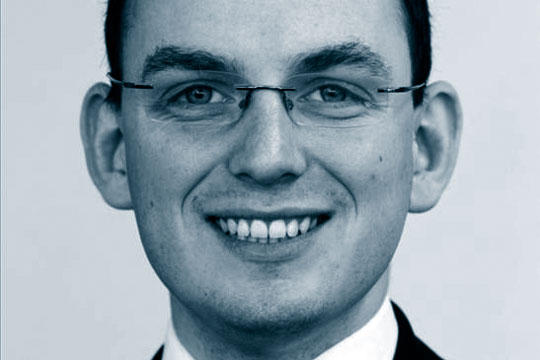NHS 111 can save general practice

I have a guilty secret. I actually think NHS 111 is a really excellent idea, and we need to work hard at saving it.
I know, plenty of you lovely Pulse readers will think I’m crazy but I find myself strangely passionate about this issue. I realise Dr Mark Spencer has already given his ideas, but I think we need to broaden the discussion. Too much of the debate about NHS 111 has been regarding urgent and emergency care. We need to take a step back and think about what NHS 111’s fundamental purpose is, and I think limiting its purpose to triage is a missed opportunity.
Imagine, if instead of each surgery having its own phone number, all patients had to ring 111 first
Let’s think about its number one strength: it’s an easily remembered phone number, which most people now know can get them help with their health. The NHS is a sprawling behemoth of an organisation. I can hardly navigate it, and I’ve been studying in it or working in it for 15 years. How is your average patient meant to navigate it?
Now, let’s think about the number one difficulty facing general practice: if a patient rings up, our organisations are set up to deal with it, whatever it is. I’ve already written about why I think we need to give up the gatekeeping role of general practice and I see NHS 111 as the ideal tonic to save general practice.
At the moment, individual surgeries are purchasing web-based triage tools for their surgeries in the vain hope that it’ll reduce demand. But if NHS 111 was expanded with better algorithms, then this could divert a significant volume of calls away from our besieged reception teams and appointments to more appropriate providers. Imagine, if instead of each surgery having its own phone number, all patients had to ring 111 first.
111 could direct a patient with an ingrown toenail straight to the podiatrist. They could direct a patient with a painful back injury straight to a physiotherapist. If a patient had a query about side effects of a medication, they could be directed to a pharmacist first. 111 could give simple self care advice to patients who don’t need to be seen by anyone. Of course, they could even divert those likely broken limbs direct to minor injury units or A&Es if appropriate. They could direct administrative queries about hospital appointments directly to the hospital secretaries so that our administrative teams’ workload is eased.
Why is every GP surgery across the country developing or buying in their own triage and telephone advice service when we have one sitting there waiting to be used? I think we need to be brave. I think we need to look to a future where 111 is the single phone number of the health service.
Dr Phil Williams is a First5 GP in Lincoln, and former RCGP National Lead for the First5 initiative
Pulse July survey
Take our July 2025 survey to potentially win £1.000 worth of tokens












